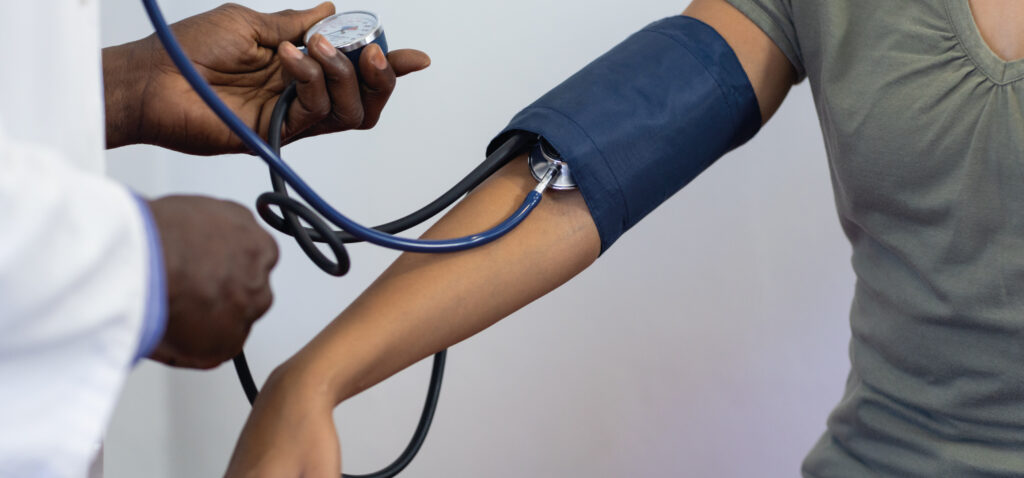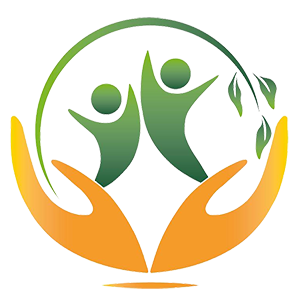
Hypertension, or high blood pressure, is a common condition that can lead to serious health issues such as heart disease, stroke, and kidney problems. The good news? You can manage and even reduce hypertension with the right nutritional choices. Here are eight effective nutrition tips to help you lower your blood pressure naturally.
1. Eat More Potassium-Rich Foods
Potassium helps balance sodium levels in your body, which can reduce blood pressure. Foods high in potassium include bananas, oranges, spinach, sweet potatoes, and avocados. Aim to include these potassium-rich foods in your daily diet.
2. Reduce Sodium Intake
Excessive sodium can cause your body to retain water, increasing blood pressure. The American Heart Association recommends limiting sodium intake to less than 2,300 mg per day, ideally around 1,500 mg for adults with hypertension. Avoid processed foods, canned soups, and fast food, which are often high in sodium.
3. Incorporate Whole Grains
Whole grains like oats, brown rice, millet meal, and whole-wheat bread are rich in fiber and essential nutrients. They can help lower blood pressure by improving heart health and aiding in weight management. Replace refined grains with whole grains for better results.
4. Limit Alcohol Consumption
Drinking too much alcohol can raise blood pressure and reduce the effectiveness of medications. If you drink, do so in moderation – up to one drink (1 pint) per day for women and up to two drinks (2 pints) per day for men. Red wine, in moderation, is often considered the best option for heart health.
5. Increase Omega-3 Fatty Acids
Omega-3 fatty acids, found in fatty fish like salmon, mackerel, and sardines, can help lower blood pressure and reduce inflammation. Aim to eat fish at least twice a week. If you’re not a fan of fish, consider taking a high-quality fish oil supplement.
6. Eat Plenty of Fruits and Vegetables
Fruits and vegetables are rich in vitamins, minerals, and antioxidants that support heart health and lower blood pressure. Focus on leafy greens, berries, citrus fruits, and cruciferous vegetables like broccoli and Brussels sprouts. Strive for at least five servings of fruits and vegetables each day.
7. Choose Low-Fat Dairy Products
Low-fat dairy products are excellent sources of calcium and vitamin D, which are essential for regulating blood pressure. Opt for skim milk, low-fat yogurt, and reduced-fat cheese. These can be great additions to your diet for managing hypertension.
8. Avoid Sugary Foods and Beverages
Excess sugar can lead to weight gain, a major risk factor for hypertension. Cut back on sugary snacks, desserts, and beverages like soda and sweetened coffee. Instead, satisfy your sweet tooth with fresh fruits or a small piece of dark chocolate.
Conclusion: Take Charge of Your Heart Health
Managing hypertension is a lifelong commitment, but with the right dietary choices, you can significantly lower your blood pressure and improve your overall health. Start incorporating these nutrition tips into your daily routine and monitor your progress.
Have any other tips or personal experiences with managing hypertension? Share them in the comments below! Let’s create a supportive community focused on heart health.

0 Comments